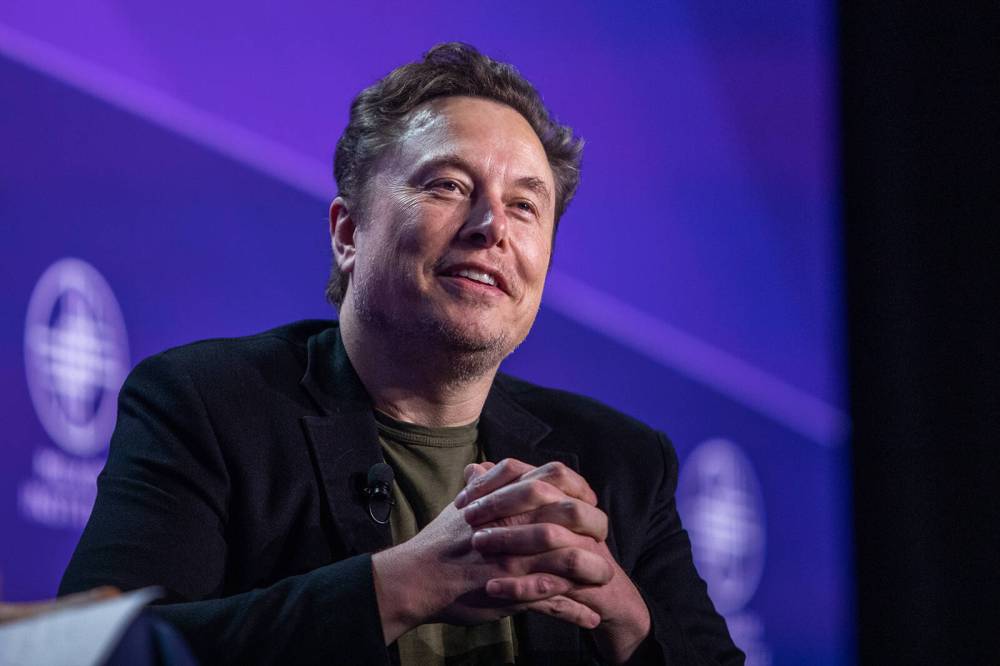Babies, bathwater and government waste
Advertisement
Read this article for free:
or
Already have an account? Log in here »
To continue reading, please subscribe:
Monthly Digital Subscription
$1 per week for 24 weeks*
- Enjoy unlimited reading on winnipegfreepress.com
- Read the E-Edition, our digital replica newspaper
- Access News Break, our award-winning app
- Play interactive puzzles
*Billed as $4.00 plus GST every four weeks. After 24 weeks, price increases to the regular rate of $19.00 plus GST every four weeks. Offer available to new and qualified returning subscribers only. Cancel any time.
Monthly Digital Subscription
$4.75/week*
- Enjoy unlimited reading on winnipegfreepress.com
- Read the E-Edition, our digital replica newspaper
- Access News Break, our award-winning app
- Play interactive puzzles
*Billed as $19 plus GST every four weeks. Cancel any time.
To continue reading, please subscribe:
Add Free Press access to your Brandon Sun subscription for only an additional
$1 for the first 4 weeks*
*Your next subscription payment will increase by $1.00 and you will be charged $16.99 plus GST for four weeks. After four weeks, your payment will increase to $23.99 plus GST every four weeks.
Read unlimited articles for free today:
or
Already have an account? Log in here »
Hey there, time traveller!
This article was published 25/11/2024 (322 days ago), so information in it may no longer be current.
Be careful what you wish for.
In the past few weeks, there’s been a sprinkling of it on social media: people looking to the south of us at the quasi-governmental group set up by U.S. president-elect Donald Trump to perhaps cut something like US$2 trillion from that country’s budgetary expenditures.
The panel, the Department of Government Efficiency, is to be run by Elon Musk and former candidate for the Republican presidential candidacy Vivek Ramaswamy. While its name suggests it’s a government agency, it actually isn’t — it’s set up to advise the government, not to be part of it.

Apu Gomes/Getty Images/TNS
Elon Musk
It’s also hard to tell for sure what amount is on the table: while the US$2 trillion number was kicked around at first, recent comments by Musk and Ramaswarmy focused the cuts on $500 billion of spending that occurs annually without current Congress approval. The aim, though, is clear — to make extreme spending cutbacks, and to make “mass head-count reductions across the federal bureaucracy,” as the pair wrote in a Wall Street Journal op-ed.
Back to here: there are already suggestions from the public that a similar project be undertaken in Canada, with prominent business leaders or entrepreneurs tasked to find sweeping savings in the Canadian government.
It’s an idea that frequently burbles to the surface in Canadian politics: there are too many rules, too much red tape, too many bureaucrats, and that private enterprise is handcuffed.
But government regulation doesn’t simply appear because a bureaucrat had nothing to do one day and decided to wreak havoc by making new hoops for businesses to jump through. Public servants aren’t hired for the simple purpose of building an empire of “full-time equivalents”, the newish euphemism for employees.
No, employees are hired, and rules are made, to address particular issues. They’re hired to do work that successive governments feel is important to Canada and its citizens.
Sometimes those issues change, and the jobs continue. Sometimes, legislation and regulations are overtaken by time, and aren’t comprehensively changed. Fun fact? Section 465 of The City of Winnipeg Act allows the mayor to set up a posse to capture miscreants: “The mayor may call out a posse comitatus to enforce the law within the city if exigencies require it, but only under the same circumstances in which a sheriff may now by law do so.”
Often, flagrant examples of waste can be harvested from somewhere in government and can then be held out as being the rule, rather than an exception.
But the truth is that there often isn’t anywhere near the amount of red tape and staffing fat that can be trimmed as people outside the civil service believe.
One of the largest issues in the current Canada Post strike is that the company is using scores of part-time workers so it doesn’t have to pay full-time wages and benefits to the number of employees it needs to actually deliver the mail. In recent months, there have been plenty of stories about passports being delayed because of a shortage of staff, about health cards in this province not being issued because of a shortage of staff, and the Canadian Revenue Agency seems to be behind at every turn because it can’t keep up with demands placed on its current staff.
Cutting public servants — especially a large number of them — has economic effects as well. Very few people can afford to receive their paycheques and just keep the money. It gets spent — on rent and on mortgages, on food and gas and car payments and insurance.
The truth is, radical cutbacks not only hurt government services, but also usually end up being directed by what the cutter deems unnecessary, rather than what the public does.
Be careful what you wish for. And who you get to implement those wishes.




